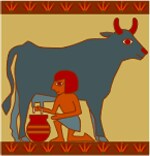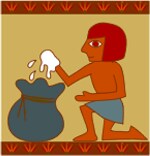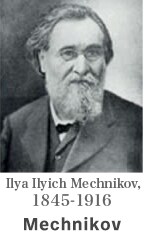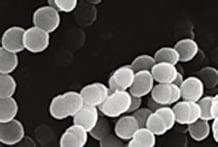|
Top page > Basic facts on yogurt > Origin of yogurt
What is the origin of yogurt? Was yogurt invented thousands of years before the start of the Common Era?
Yogurt was initially made by the nomads of Eastern Europe, Central Asia, and Northern Africa, using methods they had learned through experience, from the milk of sheep, goats, cows, and horses. As yogurt could be stored and consumed over longer periods than raw milk, and also because naturally fermented food resembling what we know as yogurt today was rich in animal proteins, vitamins, and minerals, those nomadic people apparently consumed it regularly as a key part of their diet. It has been 100 years since the health-positive benefits of yogurt were scientifically proven for the first time.
Feature: Etymology of yogurt
This is a Bulgarian word meaning acidity and powerfulness. It has also been used as the name of persons who were in positions of power and also as a place name since ancient times.
|











